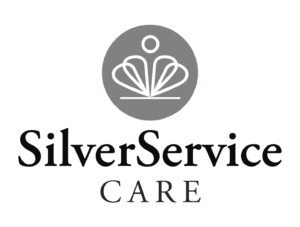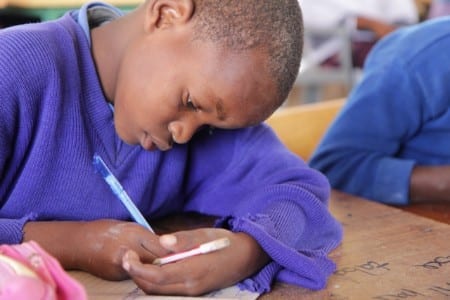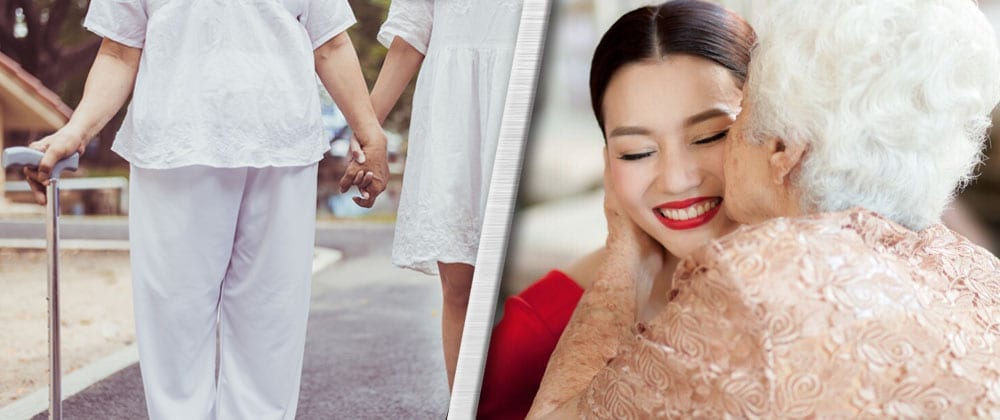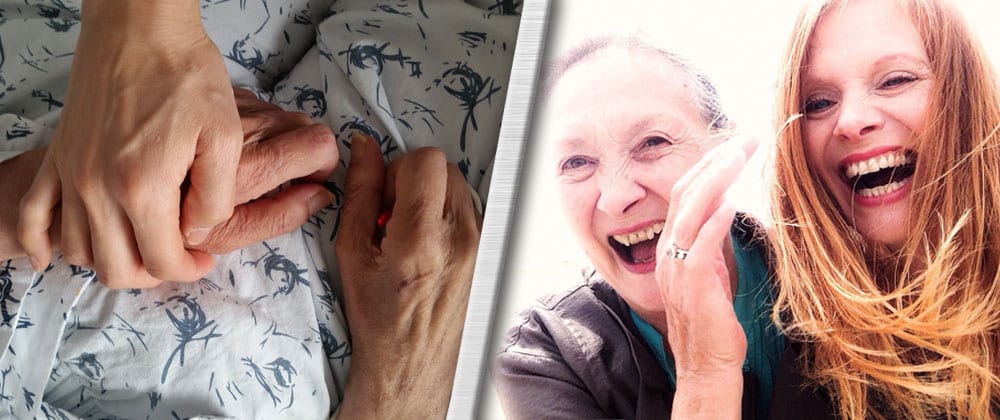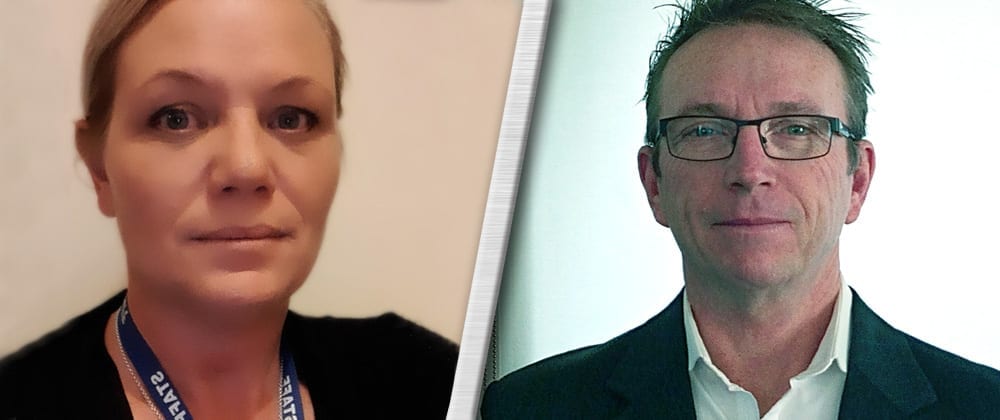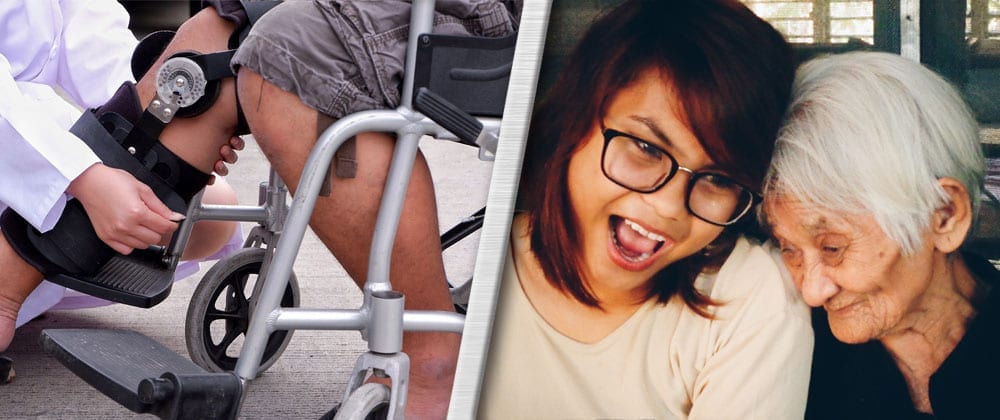
Disability Care
The social model of disability says that disability is actually caused by the way our society is organised, and not by the person’s impairment. This model challenges us all to find ways of removing barriers that restrict the life choices of people with a disability. Once barriers are removed people can be independent and perceived as equal in society, and can exercise control over their choices for their lives.
Disability comes in many forms. Whether developmental delay is the contributor, or the person is autistic or has Down Syndrome, or whether an accident has caused physical injuries that are the cause of the disability, disability is real. The results may be minor or they may be absolutely debilitating. Damage caused through spinal cord injuries, or head injuries, from motor vehicle accidents (50%+) or from falling off a ladder (20%+) or a sporting injury can all have an immediate effect and a loss of function that can be further compounded by mental health issues, through grief or depression.
Almost half of all Australians aged 16 to 85 years will experience mental illness at some point in their life and one in five Australians are expected to be impacted by their mental well-being in any given year.
The Australian Bureau of Statistics advises that there are more than 4 million Australians (18.5% of the population) living with a disability. Not all of these are the more readily observed physical disabilities, but can also include mental, intellectual and sensory disabilities.
A mental disability isn’t so obvious, but it’s equally real. Whether the person is prone to depression, has bipolar disorder, is living with schizophrenia or another mental disability, 1 in 5 men and 1 in 3 women will suffer at some point from a mental health issue. People need flexible support to be given real choices and control over what they want to do. Carers and Support Workers need to know how to offer different kinds and different levels of support to people with a disability, and to see the person as an individual, not as a diagnosis.
Our team of professional presenters and advisors bring deeper understanding of a wide range of issues relating to disability care and social inclusion.
Sessions include:
- Breaking down barriers to access care
- Helping people develop self-confidence
- Relating to people with different disabilities
- Communicating with the deaf
- Communicating with the sight impaired and deaf
- Assisting families to link people with local services
- Helping people understand the importance of looking after their own health and wellbeing
Dementia and Alzheimer’s disease
In 2016 an average of 36 people died per day with dementia as the underlying cause of death. It has been estimated in 2020 that almost 1.6 million people in Australia are involved in the care of someone living with dementia. Moreover it was estimated 27,800 people were living with younger onset dementia, and this figure is expected to rise to 29,350 people by 2028 and 41,250 people by 2058.
There are many types of dementia including Alzheimer’s disease, vascular dementia, frontotemporal dementia and Lewy body disease. Dementia can happen to anybody, but it is more common after the age of 65.
The right and left temporal lobes at the two sides of the brain are involved in processing what we hear and understanding what we hear and see. Damage may lead to difficulty recognising objects or understanding or expressing language. When the temporal lobes are affected first, there is a loss of language skills. With Alzheimer’s disease, memory often remains unaffected in the frontal lobes, especially in the early stages. When the frontal lobes are affected first, the main changes are in personality and behaviour.
Understanding the different types of dementia will enable more appropriate care to be provided. Family members and carers can, with support, develop coping strategies to work around problems rather than trying to change the behaviour of the affected person.

You're in good company.
The Apostle Paul said: “Love is patient, love is kind”
Let's all find ways of removing barriers that restrict the life choices of people with a disability.
